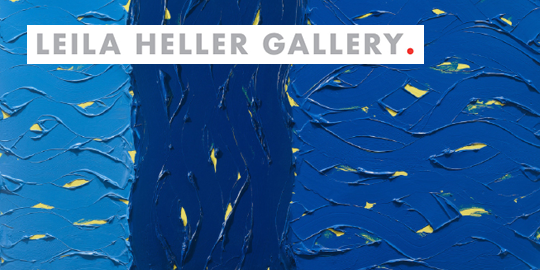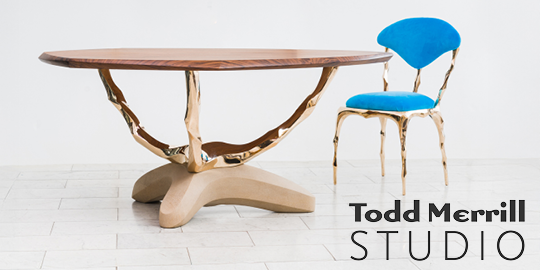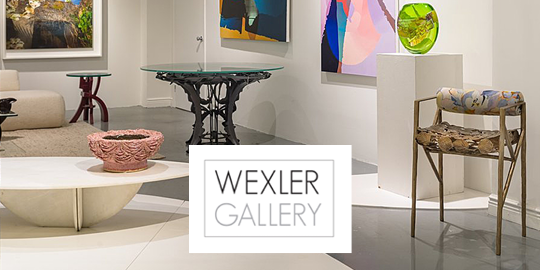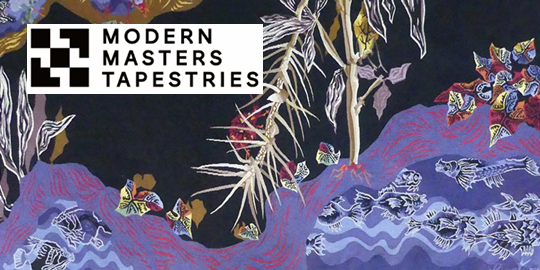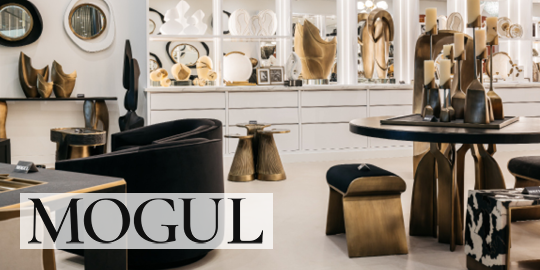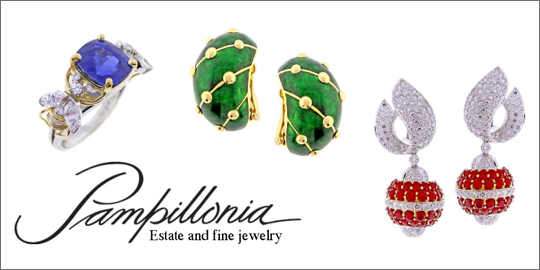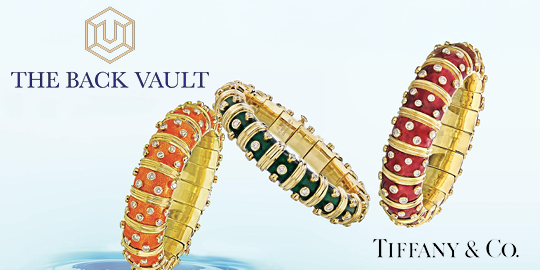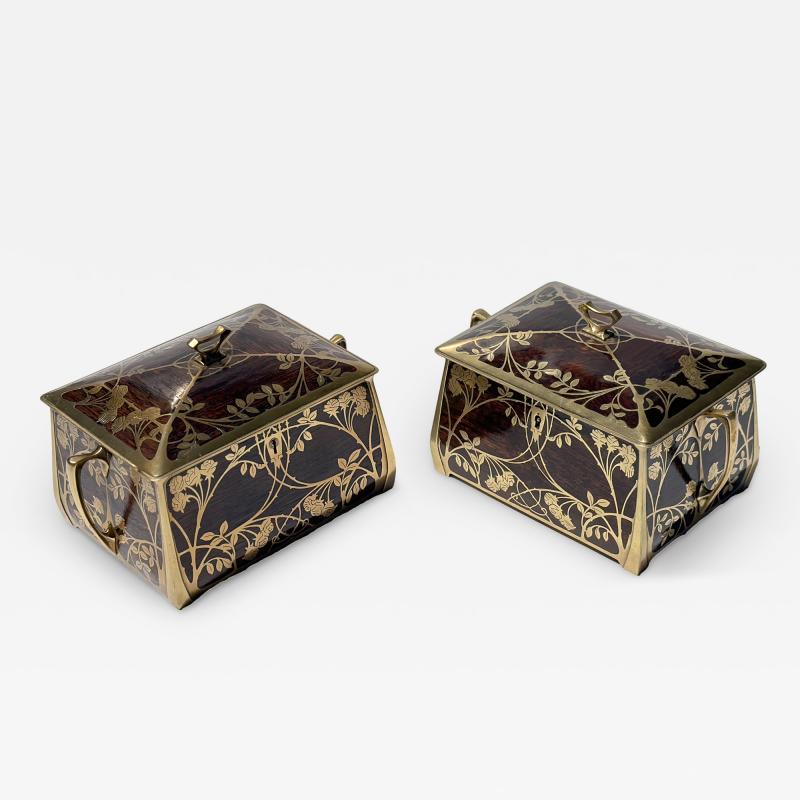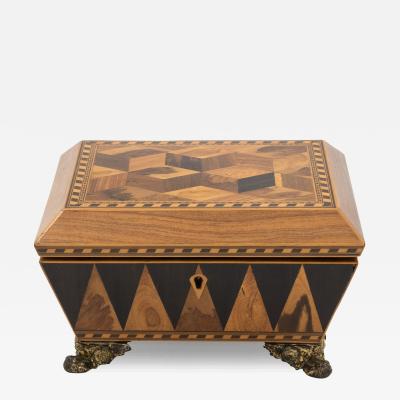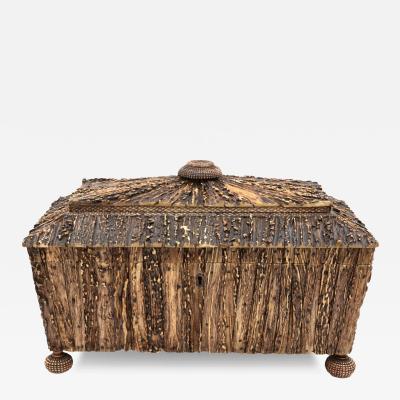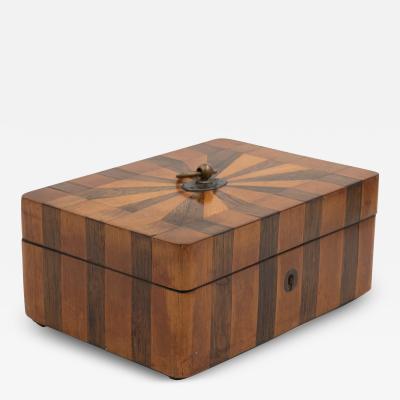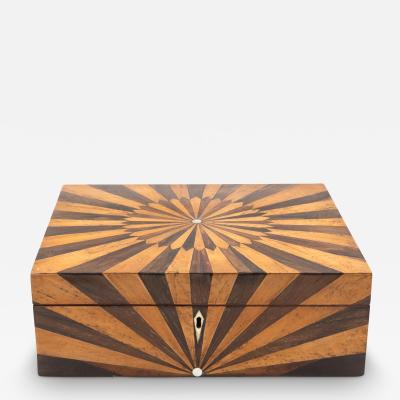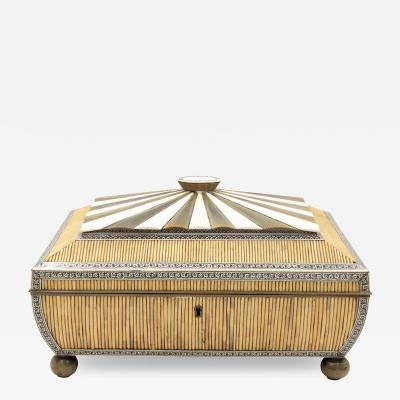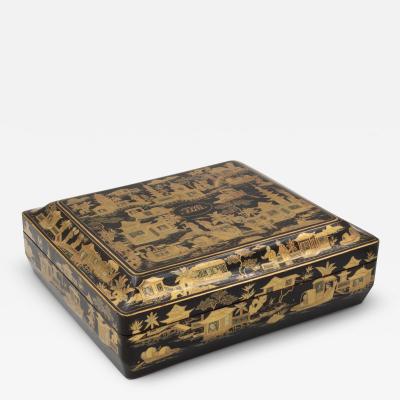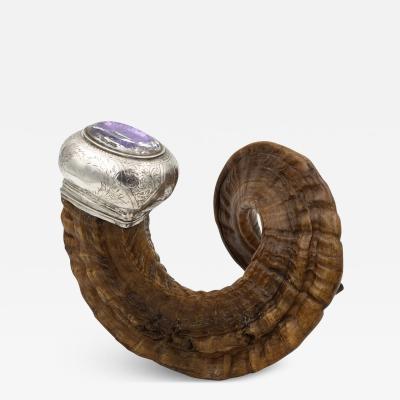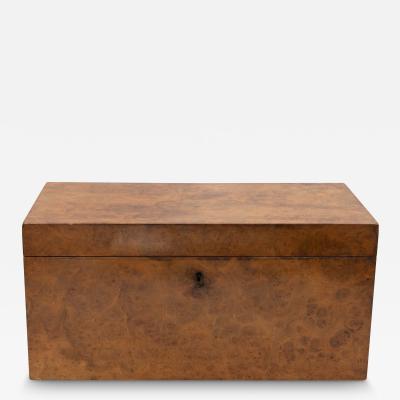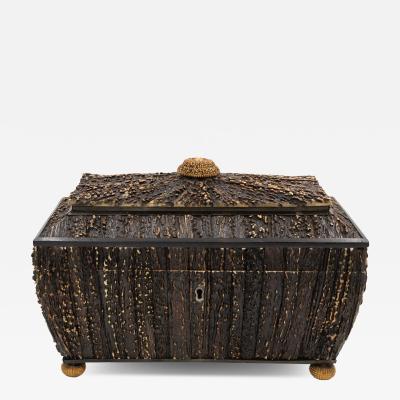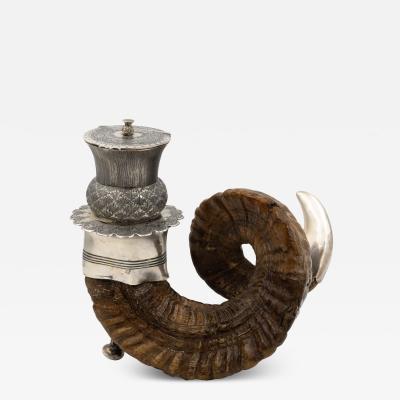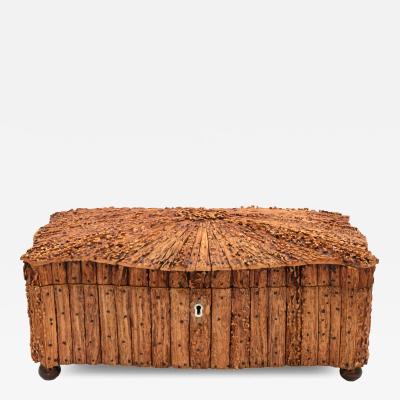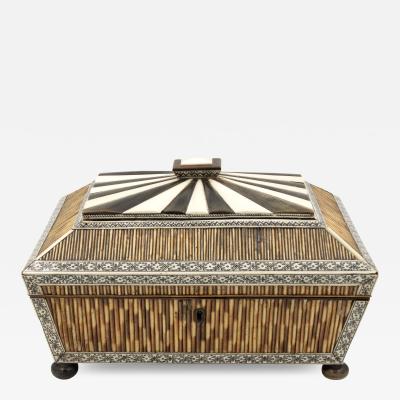A pair of German Jugendstil coromandel wood boxes with extensive brass inlay of climbing vines and flowers by the renowned German box maker Erhard & Söhne. Each box is of rectangular form with twin loop handles, shaped side and top handles, and an artistic finial. The boxes feature a convex lid and a curved design, with the interior lined in its original fabric and original key with maker’s mark stamp, German Art Nouveau Period, 1900-1909.
Height: 5 in (13 cm),
Width: 8 in (20 cm),
Depth: 4.5 in (11 cm)
Sold as a pair.
The German Art Nouveau period, also known as “Jugendstil” (Youth Style), was a significant artistic movement in Germany that flourished from the late 19th century into the early 20th century, approximately from 1895 to 1910. The term “Jugendstil” comes from the German magazine “Jugend” (Youth), which was founded in 1896 in Munich and became a platform for the Art Nouveau movement. Jugendstil represented a break from historicism and eclecticism that dominated the 19th century, promoting instead a modern, forward-looking style that sought to harmonize art and life. The movement laid the groundwork for later developments in modernist design and architecture, influencing movements such as Bauhaus and De Stijl.
This period was pivotal in the evolution of modern art and design.
Erhard & Söhne, established in 1844 in Schwäbisch Gmünd, Germany, is renowned for its exquisite brass and bronze inlay work, particularly during the Jugendstil (Art Nouveau) period. The company is celebrated for its high-quality craftsmanship in decorative arts, including intricate boxes and other fine objects. see more at http://cefiro.main.jp/Erhard_and_Sohne.html


